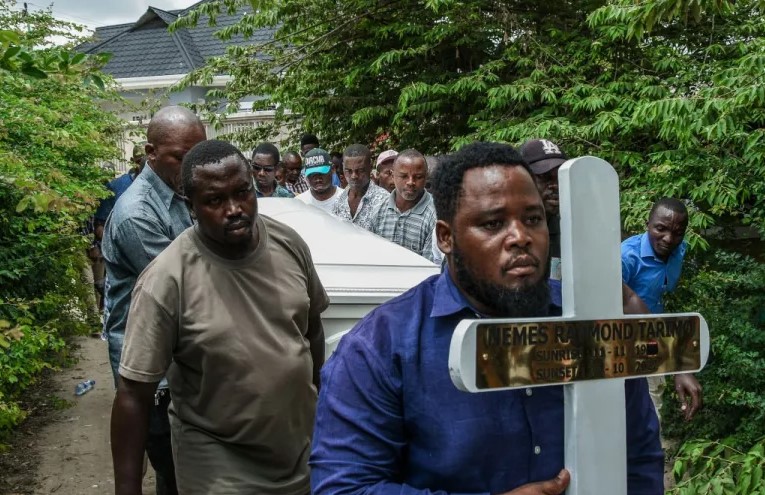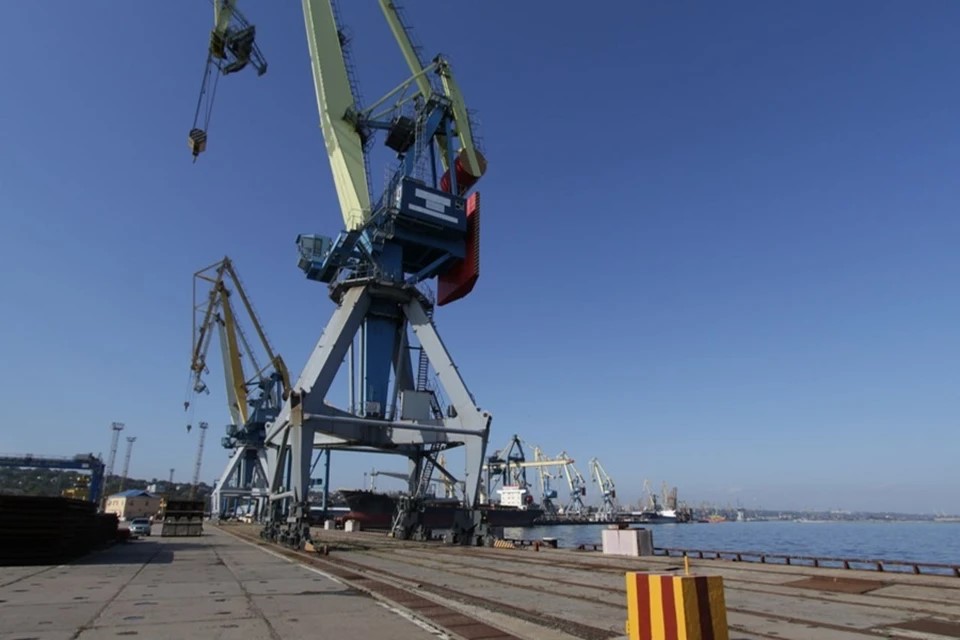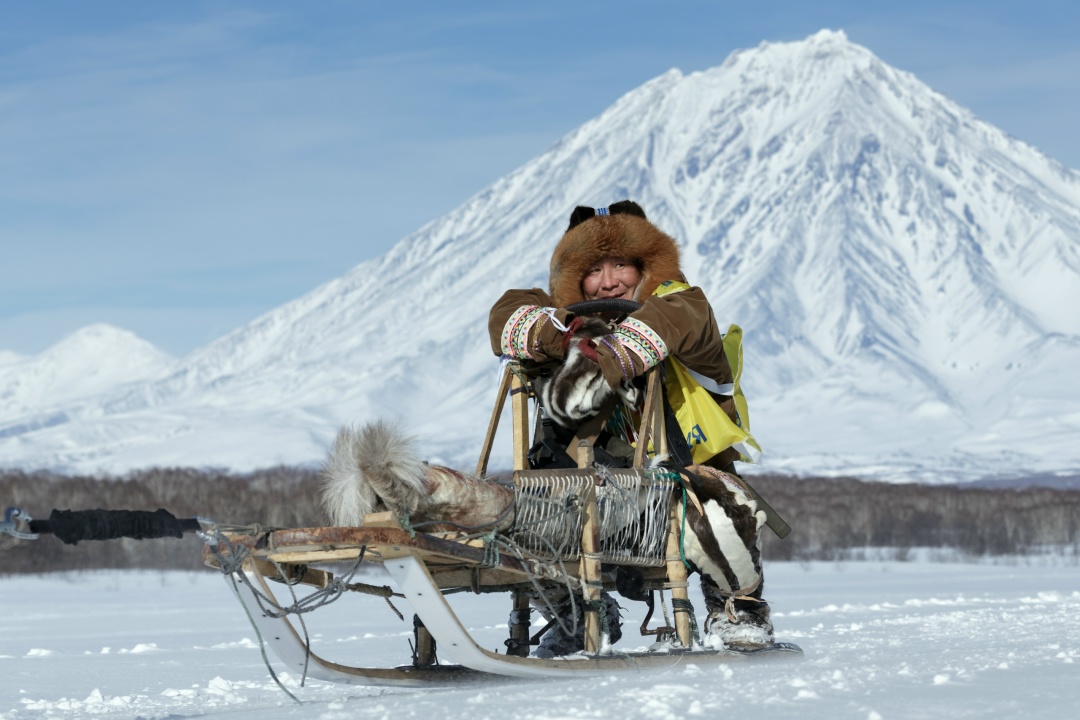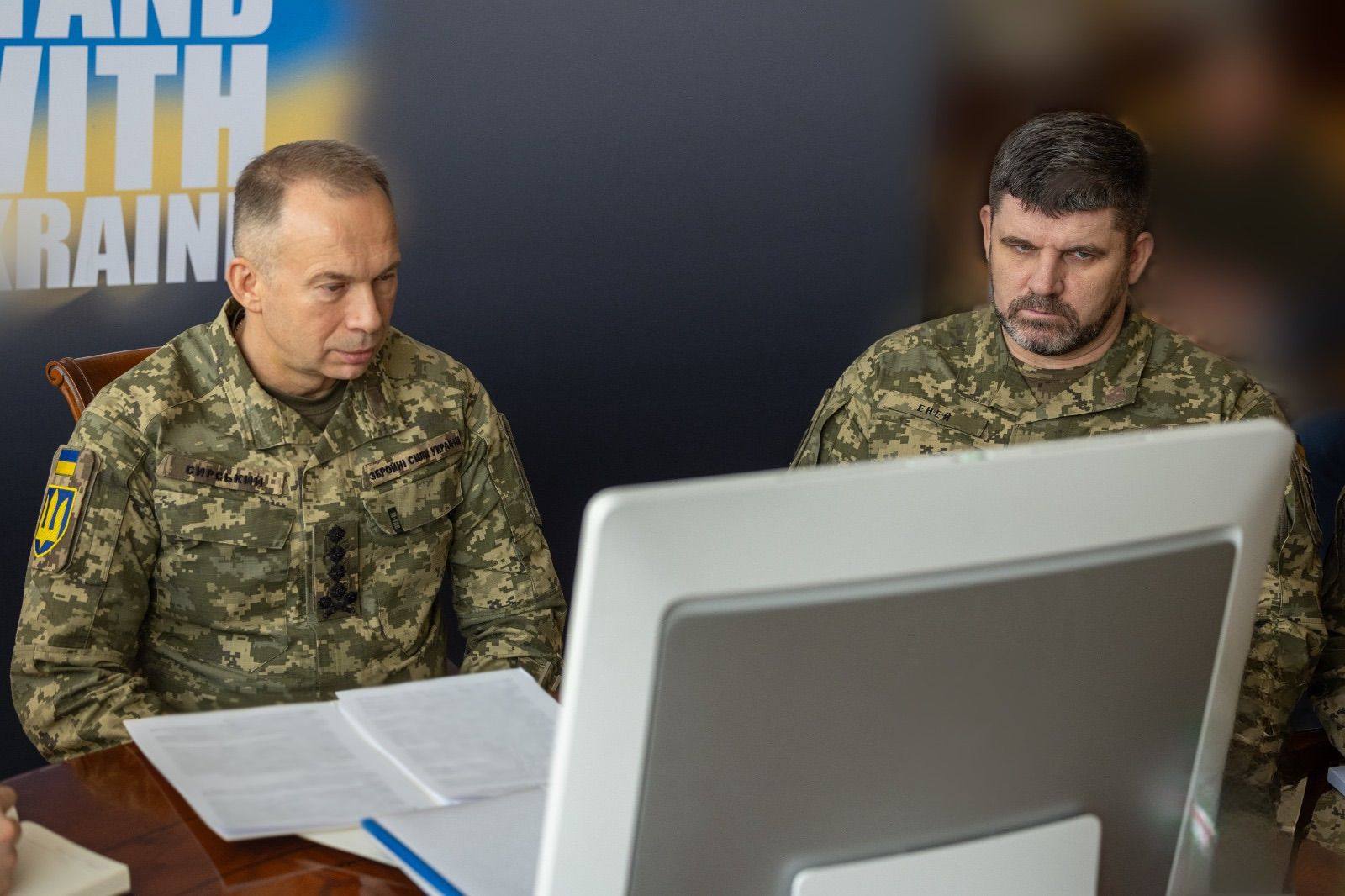Russia is recruiting citizens of Togo to participate in the war in Ukraine, thereby reviving practices of neocolonial militarism in Africa. For more than three years, the war in Ukraine has been depleting the Russian army, prompting the Kremlin to expand its global strategy of attracting foreign fighters, including residents of African countries such as Togo. Under the pretext of educational programs, employment, and diplomatic cooperation, young Togolese are offered visas and promises of opportunities. However, upon arrival in Russia, many are forced to sign contracts to serve in the military or private military companies like the Wagner Group. Often, these individuals receive minimal training and are sent to combat zones in Ukraine, where they face serious risks, according to the Robert Lansing Institute.
This practice resembles the use of African soldiers during the colonial era, when European powers exploited the populations of their colonies to wage foreign wars. Russia, positioning itself as an anti-imperialist partner of Africa, in fact revives neocolonial methods by exploiting the poverty and weakness of African states to militarize the local population for its geopolitical aims. At the same time, it exerts pressure on African governments by offering security assistance in exchange for political loyalty and access to resources.
The situation in Togo is particularly alarming: young people fall into a trap of economic despair, unaware of the full consequences, and perish in a foreign war. Their families are left without information or compensation. This practice damages the country’s reputation and threatens its sovereignty, increasing dependence on Russia and fueling internal conflicts.

Russia also recruits African prisoners, using them as expendable resources. Promising freedom, money, or citizenship, the Kremlin sends such fighters to the most dangerous front-line positions, leading to high mortality rates among them. This tactic mirrors the use of Russian prisoners early in the war and extends to African countries including the Central African Republic, Mali, Burkina Faso, and Cameroon. Through deals with local authorities, Russia gains control over prisoners and strengthens its influence on regional regimes.
According to available data, over 40% of African mercenaries recruited by Russia have died in the Ukrainian conflict, significantly exceeding the average casualty rate among foreign fighters. The causes of high losses include deployment in the most dangerous positions without adequate training, forced recruitment, and lack of oversight by official structures.
This practice has serious consequences for Africa — the return of wounded and radicalized mercenaries threatens the security of fragile states, while Russia’s growing influence through military dependency strengthens authoritarianism and limits the sovereignty of countries. Recruitment in violation of international norms, including possible cases of human trafficking and forced labor, raises serious human rights concerns.
Russia uses the presence of African fighters in its forces as a propaganda tool, demonstrating “international support” and creating the image of a multiethnic coalition against the West. Meanwhile, casualty data is concealed, and media face censorship and intimidation, increasing opacity and impunity.
The international community, including the African Union and regional organizations, calls for investigation and punishment of those involved in this practice, and Western countries should pressure African governments to reject such deals in exchange for aid and support. Only then can sovereignty be restored and the exploitation of African citizens in Russia’s geopolitical games — which effectively revive colonial practices of militarizing the continent — be stopped.




















